There is no ‘single-best’ oil to store, but there are definitely cooking oils that should never be stockpiled. If you do stockpile some of these oils, make sure to know their shelf lives, and also how to store them, as this makes a huge difference.
Each cooking oil has its own set of strengths and weaknesses. You will have to be the judge on which is best for your family. You will have to take the time to think about cooking oils, and which to stock up on, as homemade oil might not be capable for many.
The most important thing is to have cooking fat on hand and in storage for your cooking needs when you need it. Here are some oils that you will want to consider adding to your prep, but keep in mind that the way you store the oil and for how long is going to make all the difference.
1. Olive Oil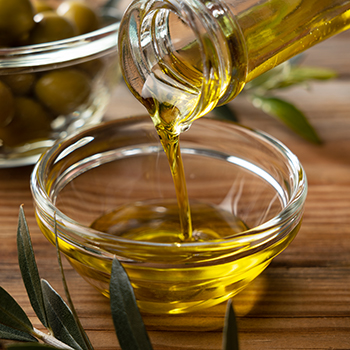
This is a favorite oil for so many households, which is why it makes the top of this list. You can use olive oil for so much more than cooking, too. You can use it to light candles, in dressings, and even in herbal remedies.
Olive oil is an oil that can be stored for a longer period than other types of oils. However, it cannot be stored for longer than 24 months. This is the longest-lasting cooking oil you can store.
To keep it fresh for this long and to prevent it from going bad sooner, keep it in a cool, dark place with the cap tightly on. Without doing this, the oil is going to go bad quicker. This is also true for those bottles that already have been opened. Exposing the oil to the air can let in the bacteria, causing the oil to go bad.
2. Butter
Yet another staple in the kitchen, butter is another one that doesn’t have a long shelf life. Butter, when refrigerated or frozen can last longer than when it is left out. If you’re considering butter, then consider the fact that you can only freeze it for 12 months before it goes bad.
Freezing butter for up to 12 months also ensures that it keeps its consistency. Any time after this and it breaks down and apart. It is recommended to keep the butter cool, if you’re not freezing, though this will cut the shelf life of the product in half.
The good news is that you don’t have to go without butter. You can find dehydrated butter in cans to use for baking. Homemade butter with whipping cream is also an option, as well as canning and preserving it, though this is also not a long-lasting option.
Butter is not an ideal choice to go with for those who want oils or fats to cook with, as it doesn’t last.
3. Coconut Oil
If you’re into oils, then you know that coconut oil is another popular option. Since coconut oil is over 90% filled with saturated fat, and is also used in many herbal preparations for its antibacterial and antimicrobial properties, making it one of the healthiest cooking oils you can use.
It is used as a wonderful replacement in baking recipes. It doesn’t need to be refrigerated, either. If you keep it in a cool, dark place completely sealed up tight then you can expect your coconut oil to last at least 24 months.
Coconut oil is a great choice, but even two years might not be long enough. You want something a bit more sustainable. Coconut oil can be great to add at the end, but remember, you would have to replace anything after two years.
4. Canola Oil
This is a useful fat in the kitchen and one that has enough oils to keep everything sliding well. Canola oil is another favorite, but one that cannot be stored for a longer period of time.
Just like with the others, 24 months is all you get out of a properly sealed, stored, and cared for a bottle of Canola Oil. After this, the oil would go rancid. It is not an ideal choice if you want something that lasts a bit longer than two years at most.
Again, another oil has to be kept away from the air and replaced after two years.
5. Cooking Spray
Cooking spray is one that many people wonder if they can stockpile, because who doesn’t love the ease of use? This makes your life much simpler in the kitchen. We get it, but you can only store cooking spray for 12 months.
Though it is used widely throughout kitchens across America, it is one oil that doesn’t sit well for long periods of time. If you’re a prepper, you want long-term, not short. Since cooking spray has an even shorter life span, it is not the choice to go with for your prep.
It might be easy to use, but it is one cooking spray that doesn’t last, regardless of how it is stored in the storage.
Other Options for Long Term Oil Storage
It’s important to have the right oils that make cooking a breeze, even in a bunker. You are preparing your stuff now, so consider the time frame in between storage and using the product. This is a common oversight.
There are fats and oils you can stock that last for a longer period. However, it is always good to keep track of the times you purchase and add the food items to your storage, as you want to make sure they’re replaced should they go bad within that specific timeframe.
Shortening and lard are ideal choices, as their shelf lives are 5 or more years long. Both options are well-known in kitchens. While they might not be your first choice for everything, and they may have an unhealthier appeal to them; they provide the same nutritional value and serve the same purpose (sometimes even better!)
Final Thought
It is up to you what you choose to add to your prep storage based on your needs, but these guidelines to follow can help you reduce the chances of having rancid oils or getting anyone sick from ingesting the oils.
Consider the timeframes on these oils, as well as other specifics, to make the most informed decision on which cooking oil or fat is best for your family to store. Once you do, you will feel more confident in your abilities to provide the best kind of living if something were to happen. You have them covered, even the cooking oil.
You may also like:
44 Reasons to Stock Coconut Oil in Your Larder
An Insanely Effective Way to Build a 5 Year Food Stockpile (Video)
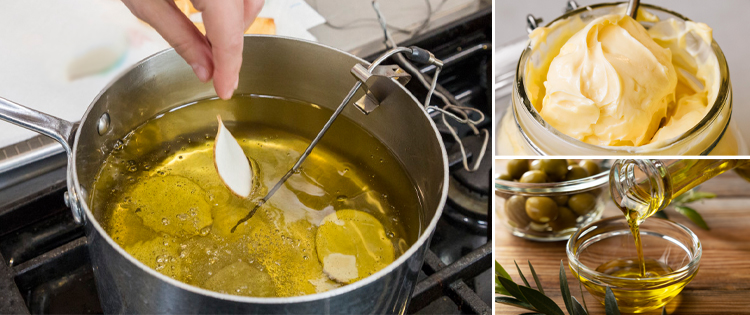
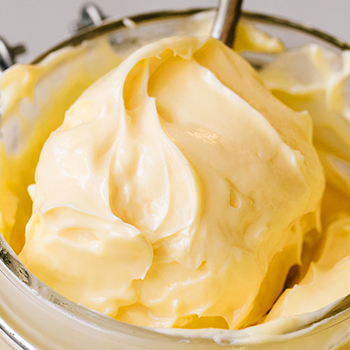
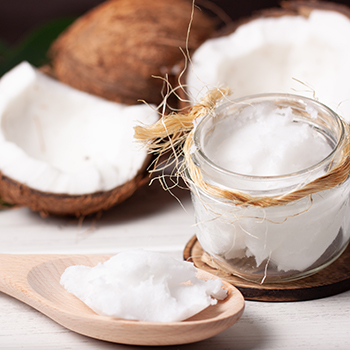






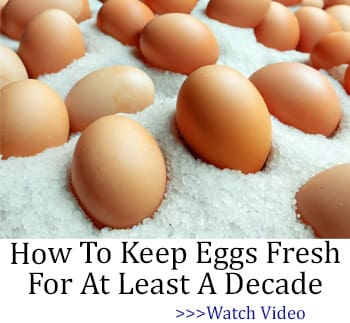

You didn’t mention avocado oil. It has a high smoke point, making it better for cooking than olive oil or butter (although ghee shares a high smoke point). Avocado oil is also very healthy and has a relatively long shelf life while in its originally sealed bottle. Once opened, it will last in a sealed glass bottle at room temperature for several months.